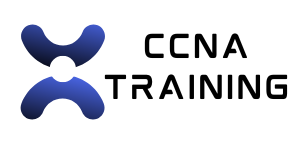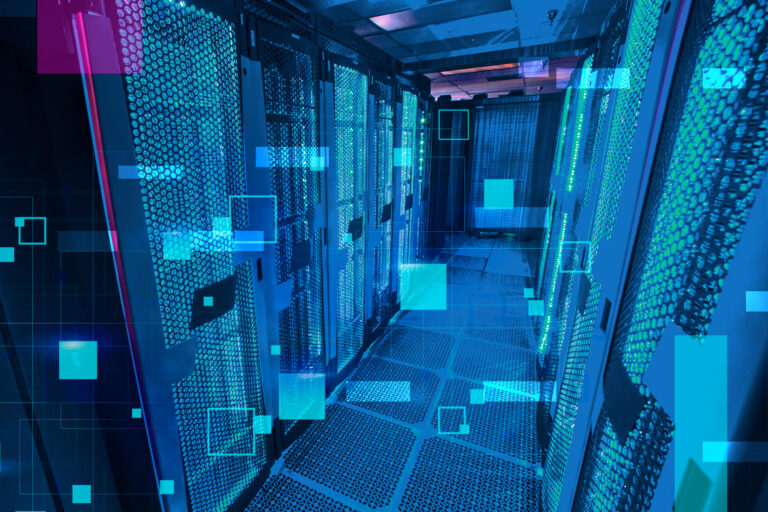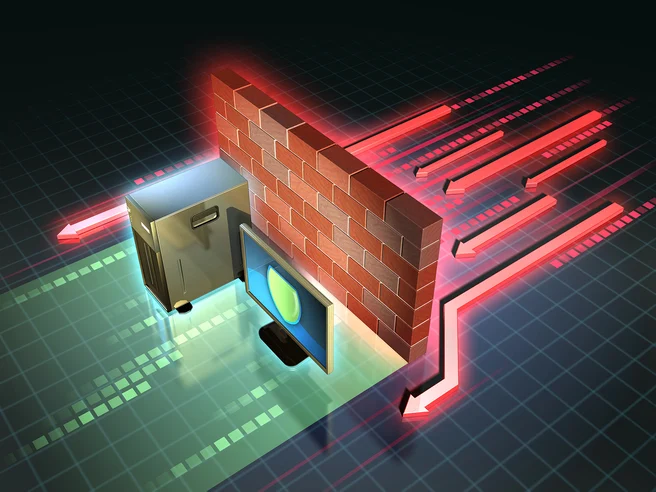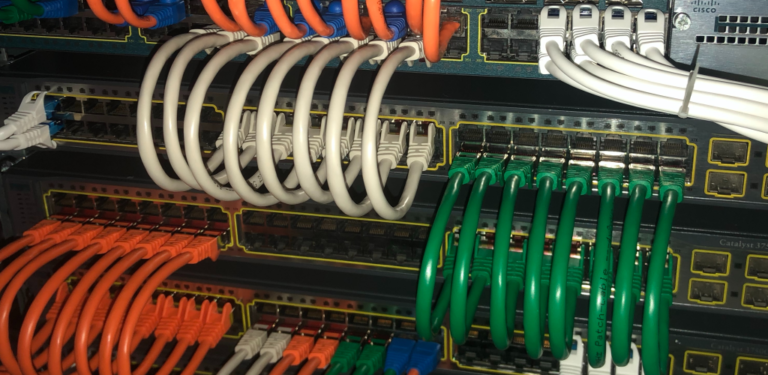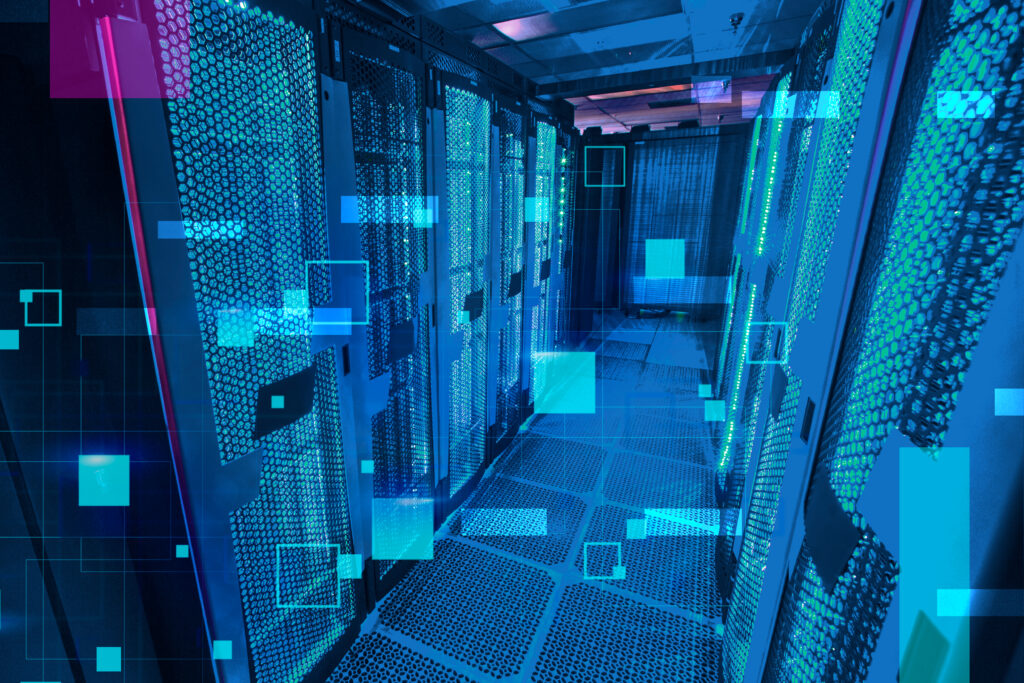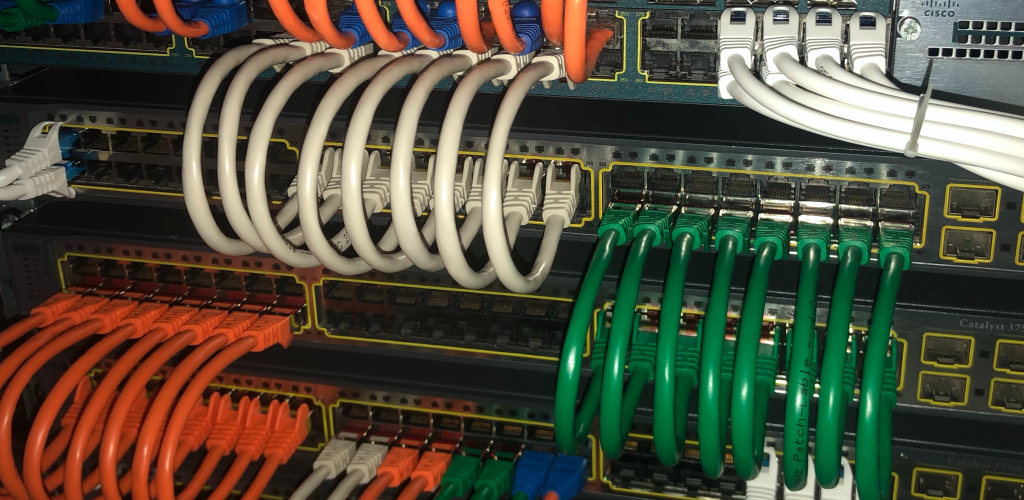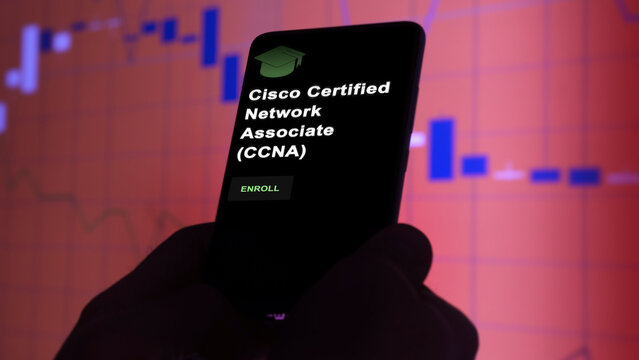Cisco networking solutions are integral to the healthcare industry, providing secure and efficient communication and data transfer within medical organizations. As healthcare increasingly relies on technology, robust networking solutions have become essential. Cisco offers a comprehensive suite of networking products and services tailored to the specific requirements of healthcare institutions, including hospitals, clinics, and medical research facilities.
These solutions are engineered to facilitate the seamless and secure transmission of patient information, enable real-time communication among healthcare professionals, and support the expanding fields of telemedicine and remote patient monitoring. By implementing Cisco’s healthcare-specific networking solutions, medical organizations can enhance their operational efficiency, improve patient care, and ensure compliance with stringent data protection regulations.
Key Takeaways
- Cisco Networking plays a crucial role in connecting healthcare organizations and enabling efficient communication and data transfer.
- Secure and efficient networking solutions are essential in healthcare to ensure patient data privacy and seamless operations.
- Cisco Networking solutions offer benefits such as improved collaboration, enhanced patient care, and streamlined operations for healthcare organizations.
- Key features of Cisco Networking solutions for healthcare include advanced security measures, reliable connectivity, and scalability to accommodate growing data needs.
- Case studies demonstrate successful implementation of Cisco Networking in healthcare, leading to improved patient outcomes and operational efficiency.
Importance of Secure and Efficient Networking Solutions in Healthcare
Protecting Sensitive Patient Data
In the healthcare industry, the need for secure and efficient networking solutions cannot be overstated. Patient data is highly sensitive and must be protected from unauthorized access or breaches. Cisco networking solutions provide advanced security features, such as encryption, access control, and threat detection, to safeguard patient information and ensure compliance with healthcare regulations, such as HIPAA.
Enabling Efficient Communication
Efficient networking solutions are essential for enabling fast and reliable communication between healthcare professionals, which is critical for delivering timely and effective patient care.
Supporting Increasing Demands
With Cisco networking solutions, healthcare organizations can ensure that their network infrastructure can support the increasing demands for data transfer, telemedicine, and remote monitoring without compromising on security or performance.
Benefits of Cisco Networking Solutions for Healthcare Organizations

The adoption of Cisco networking solutions offers numerous benefits for healthcare organizations. Firstly, these solutions provide a secure and reliable platform for sharing patient information and medical records among healthcare professionals, ensuring that critical data is accessible when and where it is needed. This can lead to improved care coordination and better patient outcomes.
Additionally, Cisco networking solutions support the implementation of telemedicine and remote patient monitoring programs, allowing healthcare organizations to extend their reach and provide care to patients in remote or underserved areas. Furthermore, these solutions enable healthcare organizations to streamline their operations, reduce costs, and improve efficiency by centralizing network management and automating routine tasks.
Key Features of Cisco Networking Solutions for Healthcare
Cisco networking solutions for healthcare are designed to address the specific needs of the industry, offering a range of key features to support secure and efficient communication and data transfer. These features include advanced security capabilities, such as encryption, firewall protection, and intrusion prevention, to safeguard patient data and protect against cyber threats. Additionally, Cisco networking solutions provide high-performance networking infrastructure to support the growing demands for data transfer and real-time communication within healthcare organizations.
Furthermore, these solutions offer scalability and flexibility to accommodate the evolving needs of healthcare organizations, allowing them to easily expand their network infrastructure as their requirements change.
Case Studies: Successful Implementation of Cisco Networking in Healthcare
Several healthcare organizations have successfully implemented Cisco networking solutions to improve their operations and enhance patient care. For example, a large hospital network deployed Cisco’s secure networking infrastructure to enable secure access to electronic health records (EHR) from any location within the hospital, leading to improved care coordination and faster decision-making. Another case study involves a rural clinic that implemented Cisco’s telemedicine solution to connect with specialists in urban areas, allowing them to provide specialized care to patients without the need for travel.
These case studies demonstrate the positive impact of Cisco networking solutions on healthcare organizations, enabling them to deliver better care and improve patient outcomes.
Challenges and Considerations in Implementing Cisco Networking Solutions in Healthcare

Ensuring Compliance with Healthcare Regulations
While Cisco networking solutions offer numerous benefits for healthcare organizations, there are also challenges and considerations that need to be addressed during implementation. One of the main challenges is ensuring compliance with healthcare regulations, such as HIPAA, which require strict security measures to protect patient data. Healthcare organizations must carefully evaluate the security features of Cisco networking solutions to ensure that they meet regulatory requirements.
Overcoming Integration Challenges
The complexity of healthcare environments, with diverse systems and devices, can pose integration challenges when implementing new networking solutions. It is important for healthcare organizations to work closely with experienced IT professionals to ensure a smooth transition and minimize disruptions to patient care.
Key Takeaways
In summary, healthcare organizations must carefully consider the challenges and considerations associated with implementing Cisco networking solutions. By addressing these challenges, healthcare organizations can ensure a successful implementation that meets regulatory requirements and supports high-quality patient care.
Future Trends and Innovations in Cisco Networking for Healthcare
Looking ahead, Cisco continues to innovate and develop new networking solutions to meet the evolving needs of the healthcare industry. One of the key trends is the increasing adoption of Internet of Things (IoT) devices in healthcare, such as wearable health monitors and medical equipment with embedded sensors. Cisco is developing networking solutions that can support the growing number of IoT devices while maintaining security and reliability.
Another trend is the use of artificial intelligence (AI) and machine learning in healthcare, which can benefit from advanced networking capabilities to support data-intensive applications. Cisco is investing in AI-driven networking solutions that can optimize network performance and automate routine tasks, freeing up healthcare professionals to focus on patient care. In conclusion, Cisco networking solutions play a vital role in supporting secure and efficient communication and data transfer within healthcare organizations.
These solutions offer numerous benefits, including improved care coordination, extended reach through telemedicine, and streamlined operations. While there are challenges in implementing these solutions, careful planning and collaboration with experienced IT professionals can help healthcare organizations overcome these obstacles. Looking ahead, Cisco continues to innovate and develop new networking solutions to meet the evolving needs of the healthcare industry, including support for IoT devices and AI-driven applications.
By leveraging Cisco networking solutions, healthcare organizations can enhance patient care, improve efficiency, and stay ahead of technological advancements in the industry.
If you’re interested in learning more about securing a Cisco network, you should check out the article “Securing a Cisco Network.” This article provides valuable insights and tips for ensuring the security of your Cisco network, which is crucial for healthcare organizations that handle sensitive patient data.
FAQs
What is Cisco Networking for Healthcare?
Cisco Networking for Healthcare refers to the use of Cisco’s networking solutions and technologies to create secure and efficient network infrastructures for healthcare organizations. This includes networking hardware, software, and services designed specifically to meet the unique needs of the healthcare industry.
What are the benefits of Cisco Networking for Healthcare?
Some of the benefits of Cisco Networking for Healthcare include improved security and compliance with healthcare regulations, increased efficiency and productivity, enhanced communication and collaboration among healthcare professionals, and the ability to support advanced healthcare technologies such as telemedicine and electronic health records.
How does Cisco Networking for Healthcare improve security?
Cisco Networking for Healthcare improves security by providing advanced network security features such as firewalls, intrusion prevention systems, and secure access controls. These technologies help protect sensitive patient data and ensure compliance with healthcare privacy regulations such as HIPAA.
What specific solutions does Cisco offer for healthcare organizations?
Cisco offers a range of networking solutions tailored for healthcare organizations, including Cisco Catalyst switches, Cisco Meraki wireless access points, Cisco DNA Center for network management, and Cisco Umbrella for cloud security. These solutions are designed to provide reliable, secure, and scalable networking infrastructure for healthcare environments.
How does Cisco Networking for Healthcare support telemedicine?
Cisco Networking for Healthcare supports telemedicine by providing the network infrastructure needed to facilitate remote consultations, telemonitoring, and other telehealth services. This includes high-performance networking hardware and secure connectivity to ensure reliable and secure communication between healthcare providers and patients.
What are some examples of healthcare organizations using Cisco Networking solutions?
Many healthcare organizations around the world use Cisco Networking solutions, including hospitals, clinics, medical research facilities, and healthcare service providers. Examples of organizations using Cisco Networking for Healthcare include Kaiser Permanente, Mayo Clinic, and the National Health Service (NHS) in the UK.
